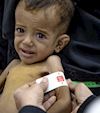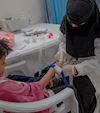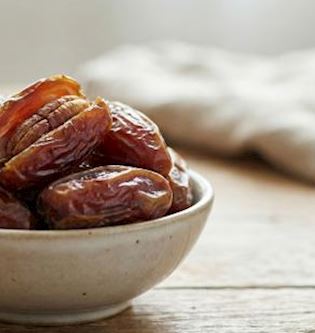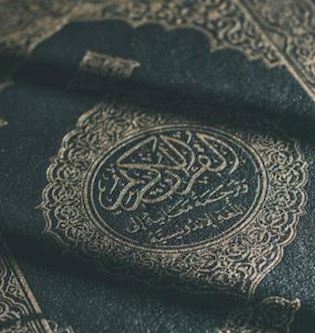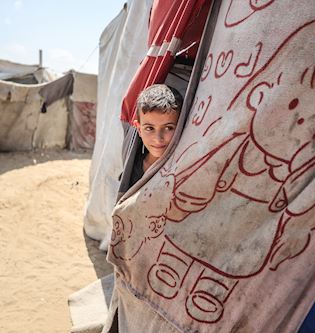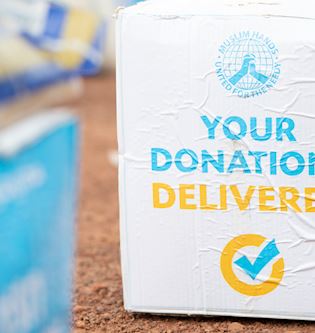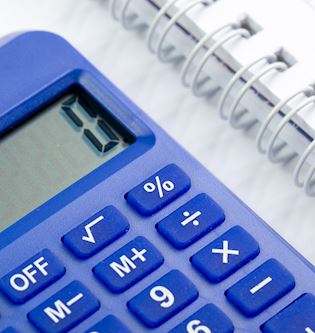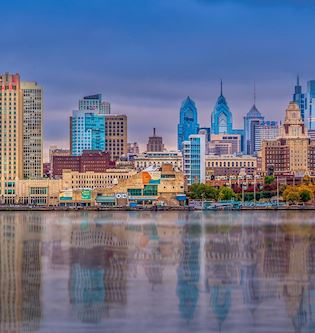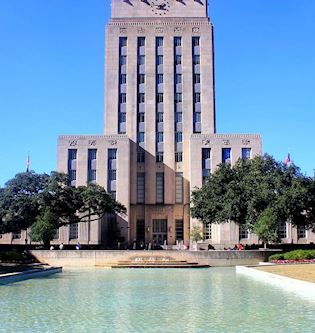What is Ramdan? and Frequently Asked Questions

It is narrated by Abu Hurayrah (r.a) that The Messenger of Allah (PBUH) said:
“Every deed of the son of Adam will be multiplied between ten and seven hundred times. Allah(SAW), said: Except fasting. It is for Me and I shall reward for it. He gives up his desires and his food for My sake.”
(Narrated by Muslim, 1151)
The Month of Ramadan is the holiest month for the Muslim community, marking the revelation of the Quran to Prophet Muhammad (PBUH). Ramadan is the ninth month of the Islamic lunar calendar. Because of holy month comes around only once a year, it is the best time to seek Allah's love, pray to Him, and reset ourselves as Muslims.
What is Ramadan?
Ramadan is one of the five pillars of Islam. The five pillars are shahadah, salah, zakat, hajj, and fasting; together, they strengthen our faith and empathy for others.
In Ramadan, Muslims observe fast from morning prayer (dawn) to evening prayer (dusk). During this time, many Muslims abstain from food and drink, turning to worship and acts of charity to improve their relationship with Allah(SAW).
Fasting during Ramadan purifies the soul, increases spiritual awareness, and fosters compassion for the poor. The hours spent refraining from water and food are a reminder of how precious a gift it is to have easy access to good food and clean water. By abstaining from the basic blessing we have been given, Muslims throughout the globe demonstrate devotion to Allah and gratitude for His blessings. It helps foster spiritual discipline for the rest of the year.
Because Ramadan is a special time of the year, certain words are strictly affiliated with Ramadan.
The Prophet (PBUH) said:
'He who fasts during Ramadan with faith and seeks his reward from Allah will have his past sins forgiven; he who prays during the night in Ramadan with faith and seeks his reward from Allah will have his past sins forgiven; and he who passes Lailat al- Qadr in prayer with faith and seeks his reward from Allah will have his past sins forgiven.'
(Bukhari)
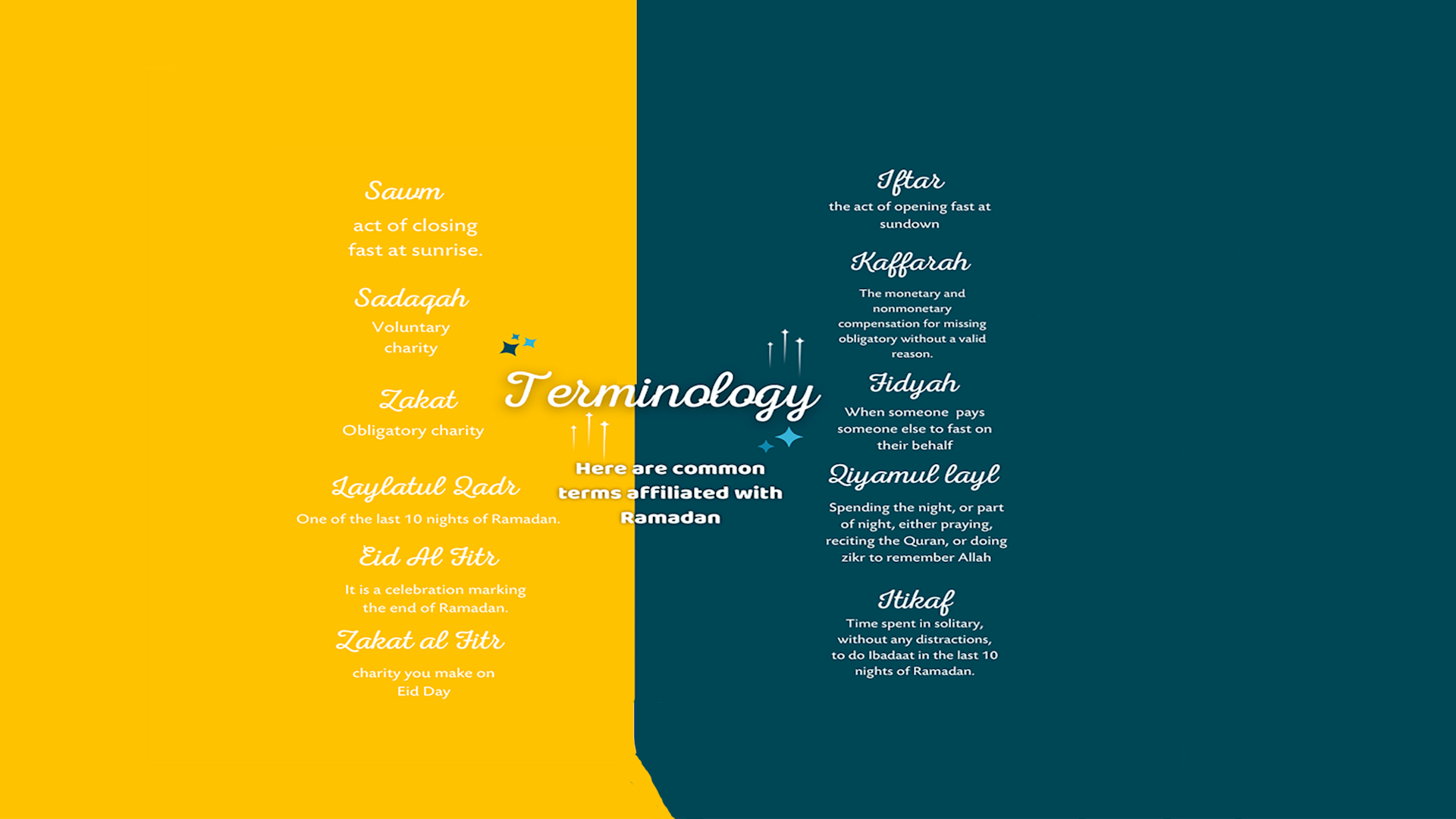
Ramadan is an opportunity to:
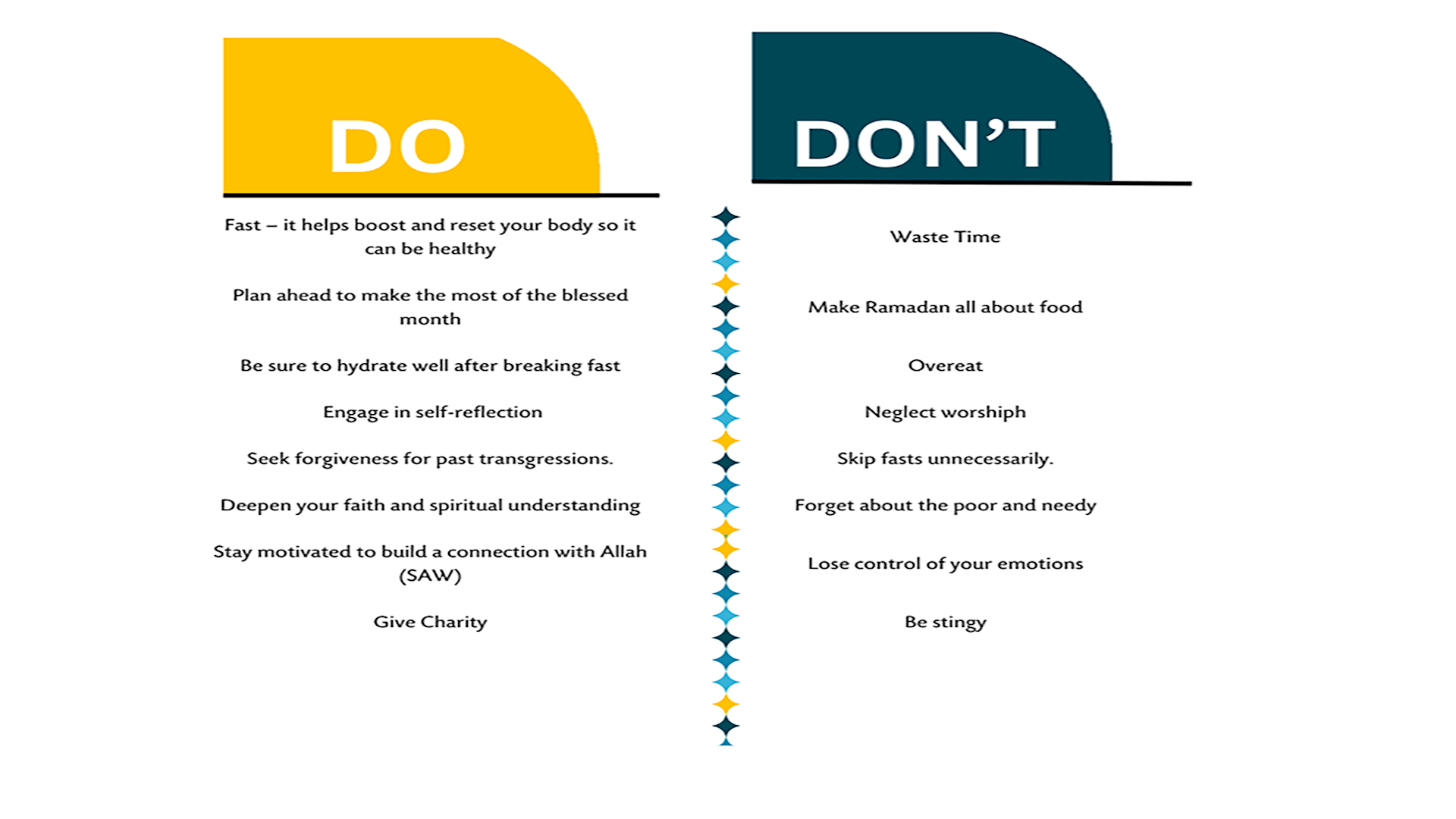
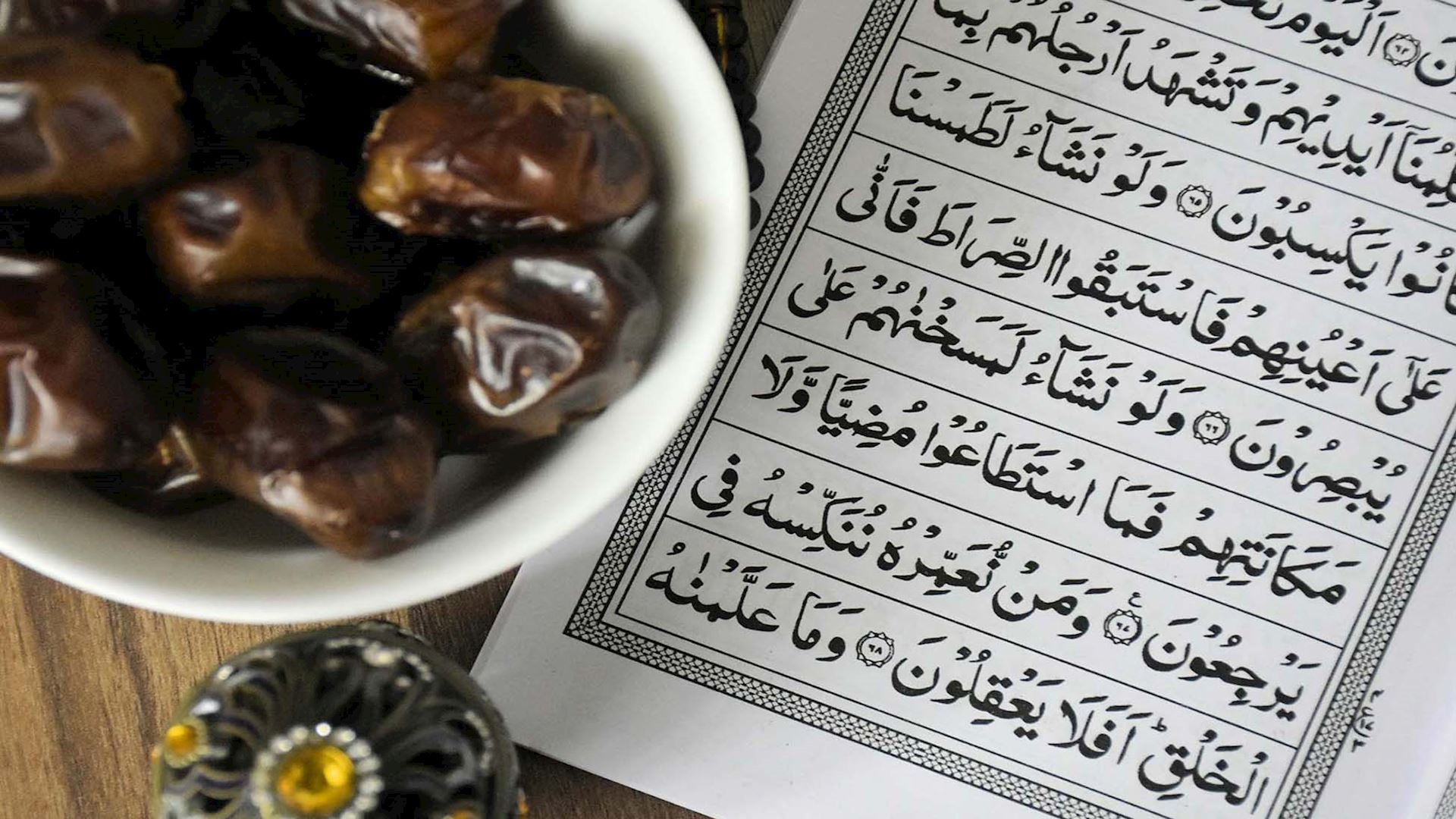
Prophet Muhammed (PBUH) said:
'If one does not abandon falsehood in words and deeds, Allah has no need for his abandoning of his food and drink.'
(Al-Bukhari)
Ramadan is for everyone:
Because Fasting for the whole month is an opportunity to grow spiritually, it can be intimidating to want to have the “perfect” Ramadan or feel overwhelmed by all the opportunities. It can feel like we must put our everyday lives at a standstill to commit to sacred month properly. Whether it's five daily prayers, doing the night special prayer, consistently reading religious texts (Quran or Islamic books), or fasting itself, we all face challenges in Ramadan. At the same time, this doesn’t have to be the case at all. Here are a few suggestions to help you make the best of Ramadan while embracing yourself.
The Extrovert:
If you are the person who needs to be out and about or just generally be surrounded by people, how about starting your own Ramadan fasting club? It's an opportunity for family or friends to learn about what others struggle with in Ramadan and motivate and hold each other accountable. Or, if you like being active- do a sports event with friends or volunteer at your mosque to help them set up for Iftar. Not only would you still be able to be in your comfort zone, but you will also get additional rewards as a group, which is further multiplied due to the blessings of Ramadan.
The Introvert:
This is for those who lean towards analyzing things or working in solitary. Why not read something beneficial this Ramadan? Or begin to read a Translation of the Quran or attend a class about it to begin your journey of understanding the Quran. Or perhaps you haven’t begun your Quranic journey yet; a book like the stories of the prophet's lives would be a great introduction to the Quran. Because their lives were full of adventures and lessons that can be surprising and relatable in a way you never thought possible. Any act to increase knowledge is a means of good deeds, and in Ramadan, everything gets a bonus.
The Procrastinator
But what if everything above is intimidating for you? From praying to fasting, let alone the extra acts of worship, it can feel like a mountaintop that is far too out of reach. One of the beauties of Ramadan is that everything that usually earns your rewards is multiplied. So let the pressure of making a perfect Ramadan go; instead, embrace what it is that you can do and want to do, even if it's one thing, and do it for the rest of the month. You can even aim to make it part of your life after Ramadan. The main thing is not to delay and lose the chance to earn the blessings of a lifetime and hereafter. So, whether it is putting water in everyone’s water for iftar, waking someone for iftar, or taking five minutes before Fajr and maghrib azan to sit and remember Allah, no task is too small.
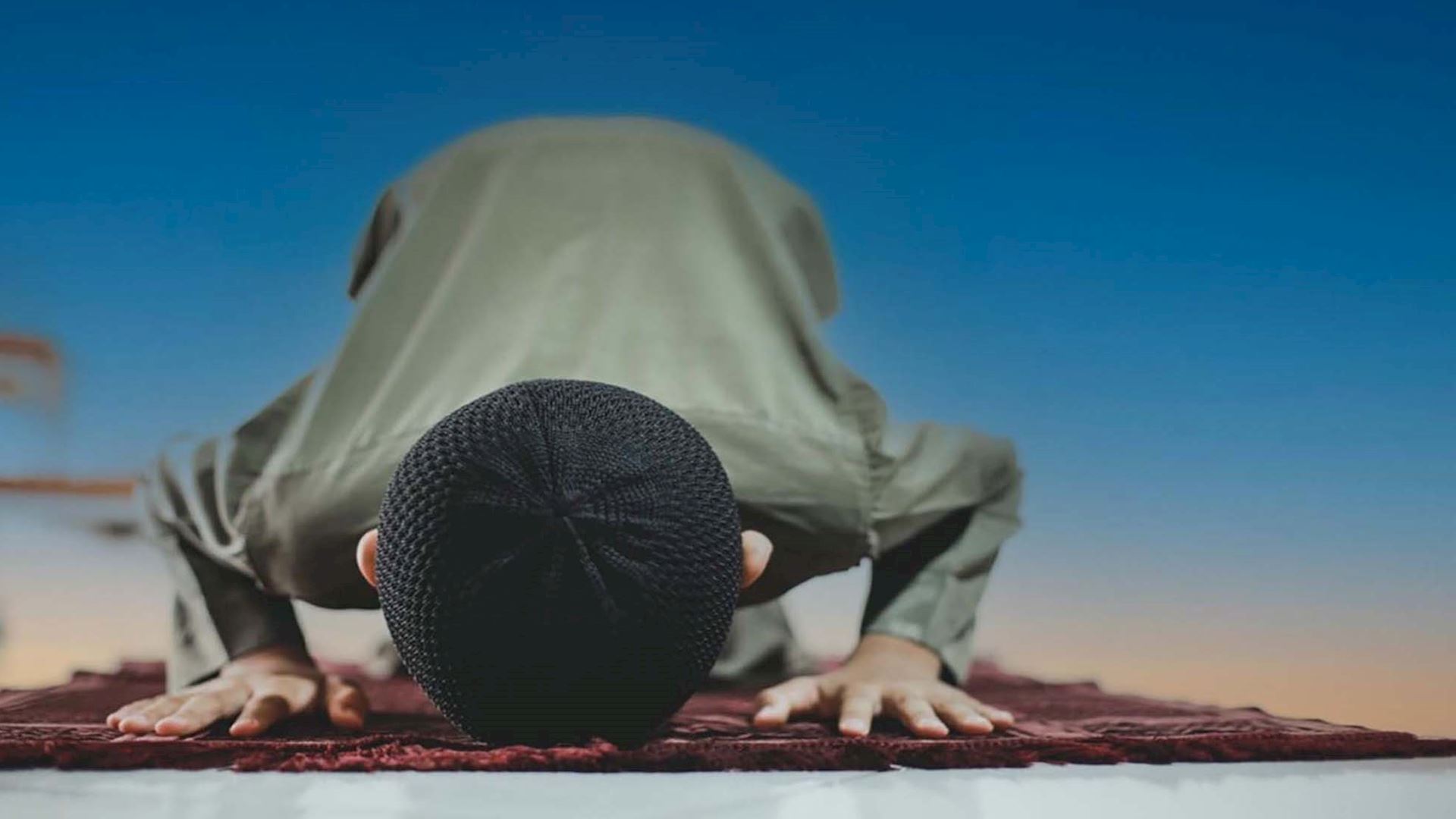
Strengthening Community Bonds through Acts of Charity and Kindness:
Ramadan is a time when communal relationships are strengthened with acts of worship. It’s a time when Muslims celebrate the month of Ramadan by holding iftar dinners; people gather in mosques to break their fast collectively at sunset. Yet millions cannot be part of these festivities because they are affected by conflict, poverty, inflation, or lack the means due to health to support and feed their family this Ramadan.
The Prophet (PBUH) said,
‘The best act of charity is carried out in the month of Ramadan.’
(Bukhari)
A person who helps break the fast of another fasting person gets the same reward as the other person. You can consistently achieve many good deeds this Ramadan by setting realistic goals for yourself, whether to help an individual, family, or community. By consistently donating this Ramadan, every day- even if it's a dollar, you can raise your rank among the people of Jannah. No matter the act's size, it's not small before Allah. Some of the acts of charity in Ramadan are - sadaqah, zakat, zakat-al-fitr, fidyah and kaffarah. Although sadaqah and zakat can be paid any time of the year and calculated using the zakat calculator available on our website, the rewards are increased because Ramadan is the month of giving. Meanwhile, fidyah and kaffarah are related to missing fasts, and zakat-al-fitr must be paid on Eid day.
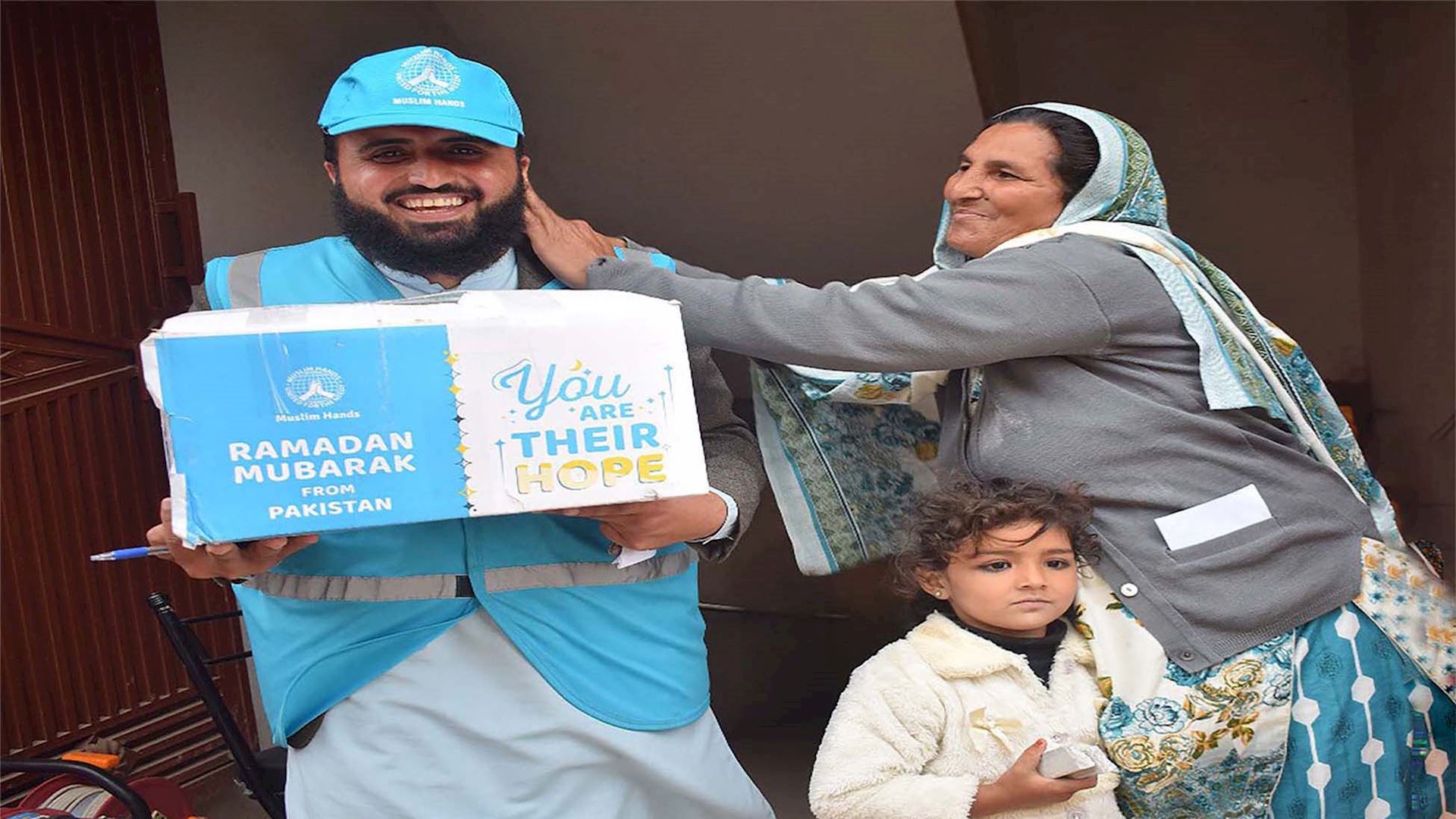
Frequently Asked Questions
When does Ramadan start in 2024?
According to the Islamic calendar, Ramadan will officially begin when the Islamic month of Shaban ends and the new crescent moon of Ramadan is sighted. This year, Ramadan it is expected to begin on Monday, 11 March 2024. But it will vary for Muslim countries.
When is Eid al Fitr 2024?
Eid al Fitr marks the end of Ramadan. In 2024, Eid ul-Fitr is likely to occur on 10 April 2024, depending on the sighting of the moon. However, as with each day in the Islamic calendar, the next day begins after the same day's Maghrib (sunset) prayer (just after sunset). Therefore, Eid technically begins after the moon has been sighted (likely on 9 April), but inshaAllah we will have a more definitive date as we get closer to Eid.
What is the purpose of Ramadan in Islam?
The purpose of Ramadan in Islam is to practice self-discipline, empathy, sacrifice, and spiritual growth through fasting and reflection. Muslims believe it encourages acts of generosity and charity and is one of Islam's five pillars, along with shahada, salah, zakat, and hajj.
Why did Allah give Ramadan?
Allah gave Ramadan as a means to purify the mind, body, and soul of Muslims and to teach obedience and dedication, as it was given to people before us. It is also a means of protection from hellfire.
Why do Muslims give during Ramadan?
Muslims give zakat during Ramadan; it's an obligatory charity that everyone must give if they meet certain earning/profits criteria. It's a means to strengthen our relationship with Allah, clean the risq, and receive endless rewards by helping those in need.
Not even Water?
Yes, not even water. Muslims stop eating and drinking after suhoor(from sunrise) and do not do so again until sunset.
Who is exempt from Fasting in Ramadan?
While fasting is one of the five obligations on a Muslim, the following people are exempt from fasting:
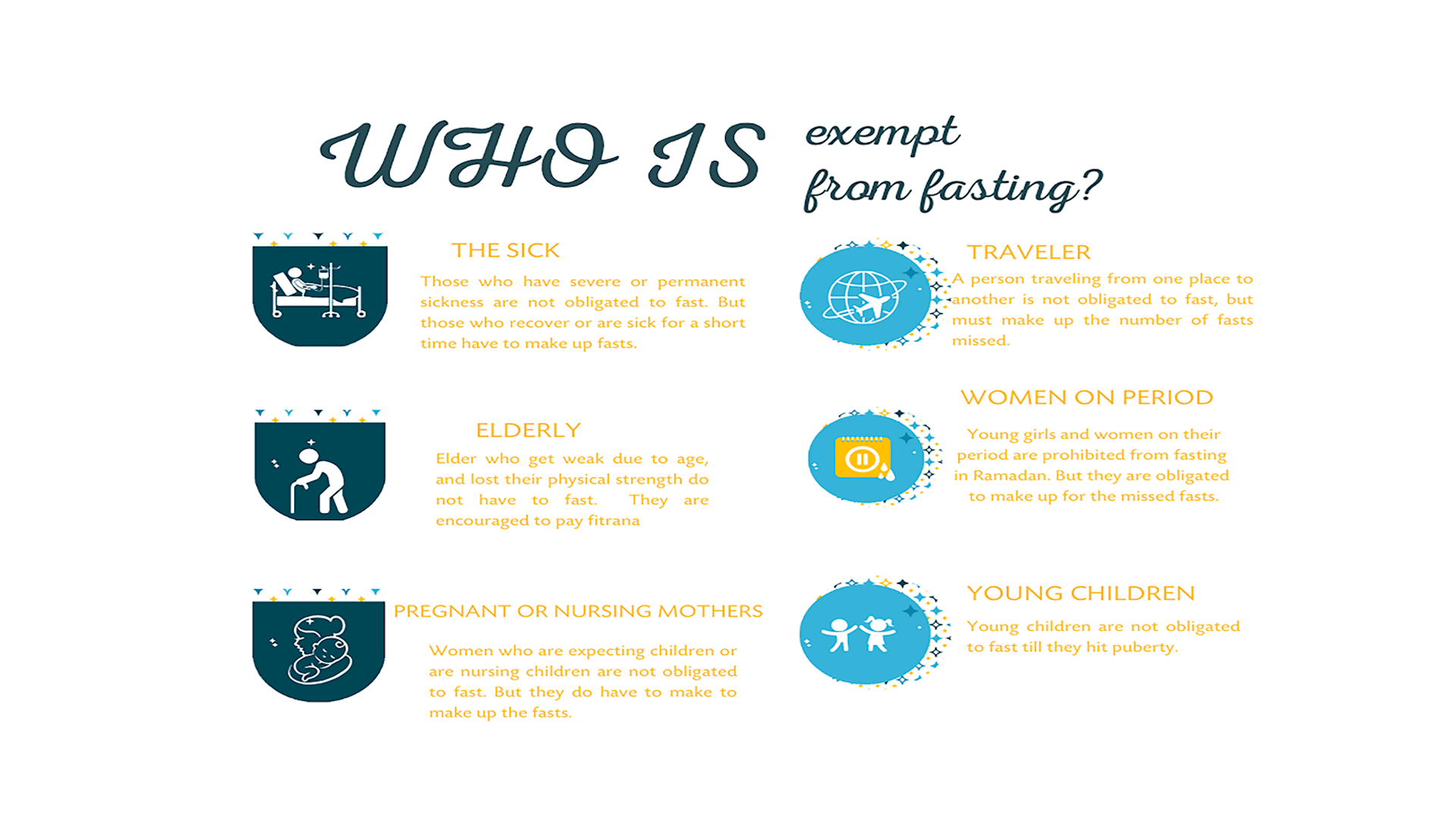
However, once the person is able-bodied again or no longer traveling, they are obligated to make up the missed fasts. Alternatively, you can offer Fidya as prescribed for those unable to fast by paying for the food - two meals per missed fast to an individual or family.
May Allah increase you and create ease for you this Ramadan!





